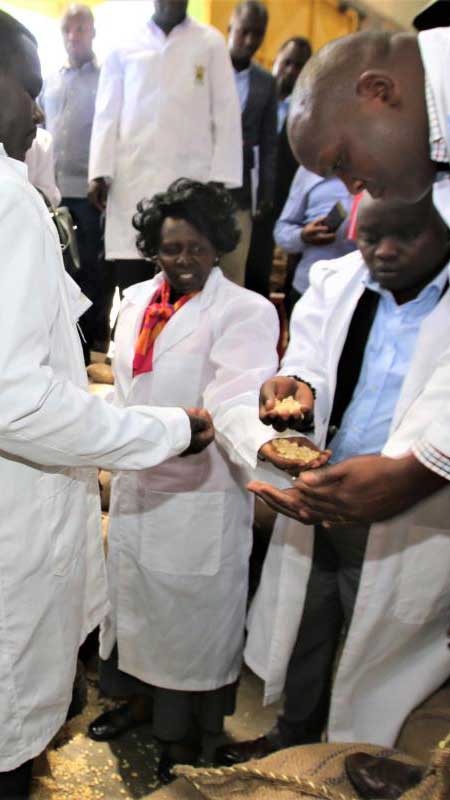×
The Standard e-Paper
Fearless, Trusted News

National Cereals and Produce Board (NCPB) officials in Eldoret were yesterday put to task over fraudulent payments, importation of maize from Mexico and association with traders who carted away millions of shillings at the expense of genuine farmers.
The officials were grilled by the Senate ad-hoc committee investigating maize crisis after the team visited the North Rift NCPB regional depot on a fact-finding mission.